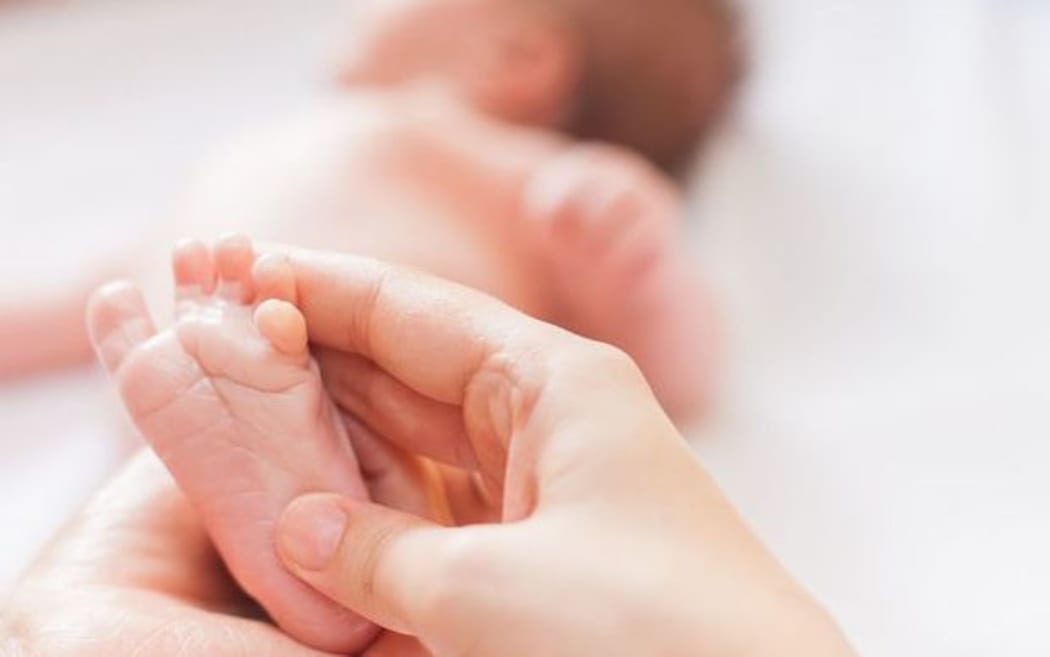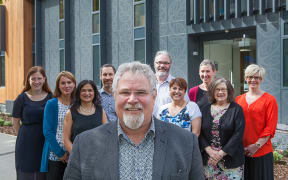Giving premature babies regular doses of caffeine through injections or in their milk improves their breathing and lung function in the long term, an Australian study suggests.

Photo: 123.rf
Doctors at the Royal Women's Hospital in Melbourne tracked the development of more than 140 premature babies, half of whom were given a regular dose of caffeine when they were born.
The caffeine is given as an injection or with milk, through a feeding tube, once a day.
Professor Lex Doyle, the lead author of the study, said the children then had their lung function and breathing examined when they were 11.
"Of the children who had caffeine as babies, there were half as many with concerning levels of lung function when they were 11," he said.
Premature babies have difficulty breathing. Giving them caffeine helps regulate their breathing by stimulating the part of the brain that signals the lungs to inflate.
"They don't have to have assistance with breathing for as long. They don't need as much additional oxygen added to the air they breathe, and they can go home quicker," Professor Doyle said.
But the long-term effects on breathing were not known until now.
"It was a pleasing finding, because we were concerned that the caffeine might cause long-term problems and so far, we haven't found any long-term problems whatsoever," Professor Doyle said.
He added that the findings showed "parents could be reassured" about giving caffeine to premature babies.
Researchers said the results were important, as premature babies were at risk of long-term lung damage.
The findings have been published in the American Journal of Respiratory and Critical Care Medicine.






